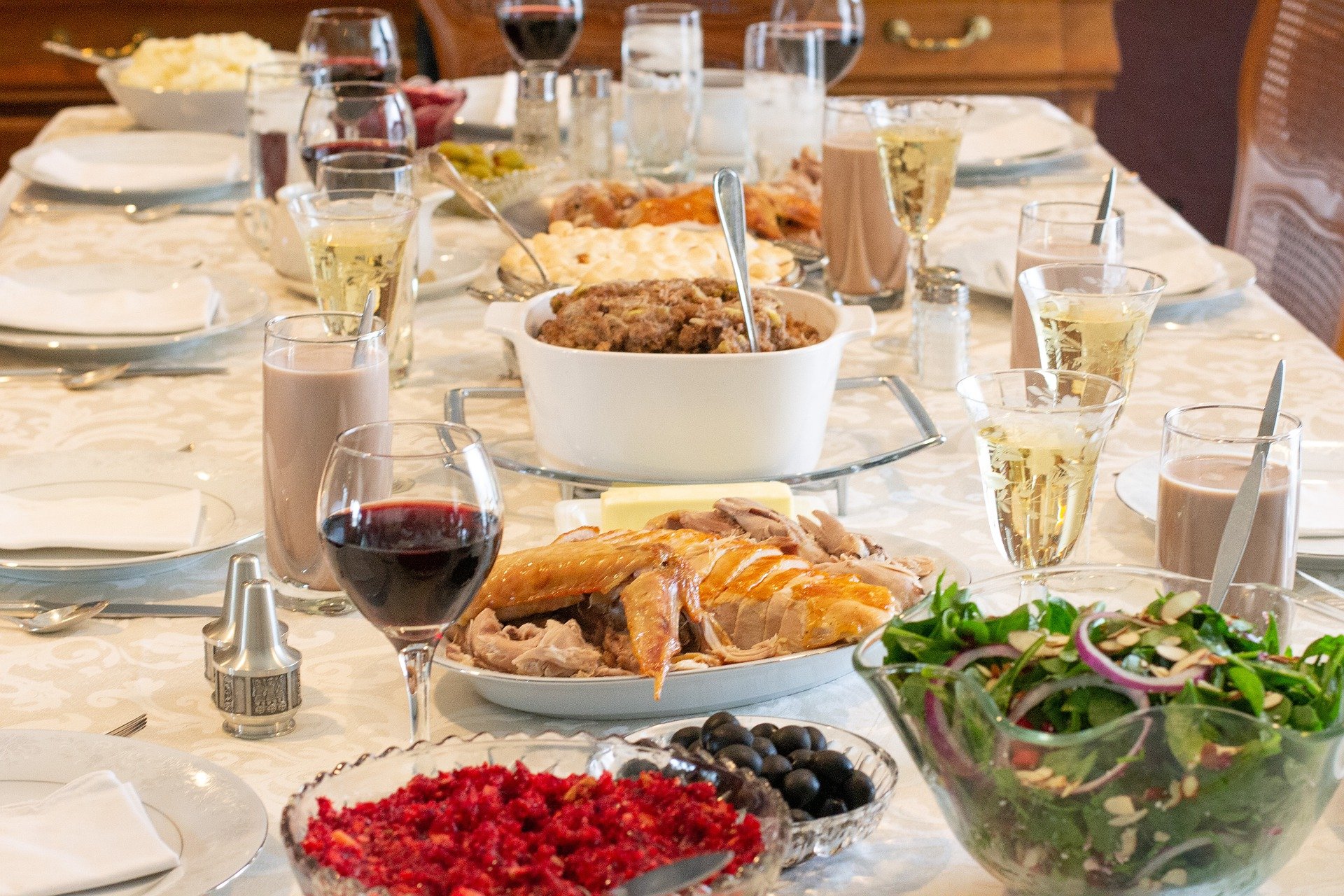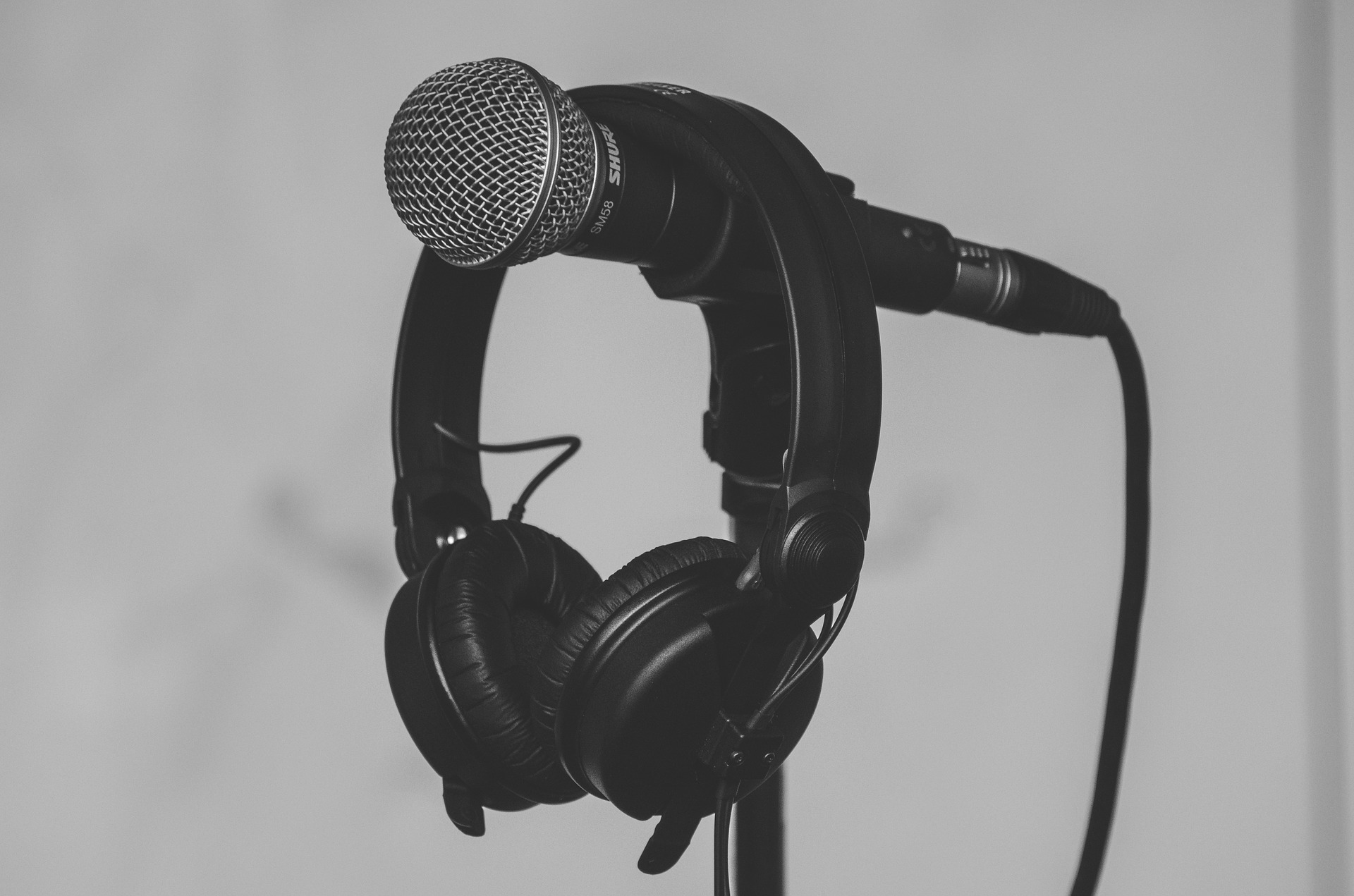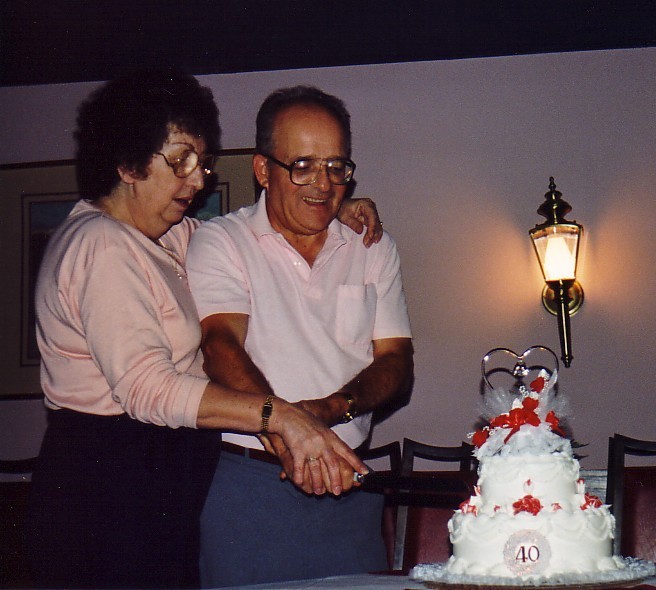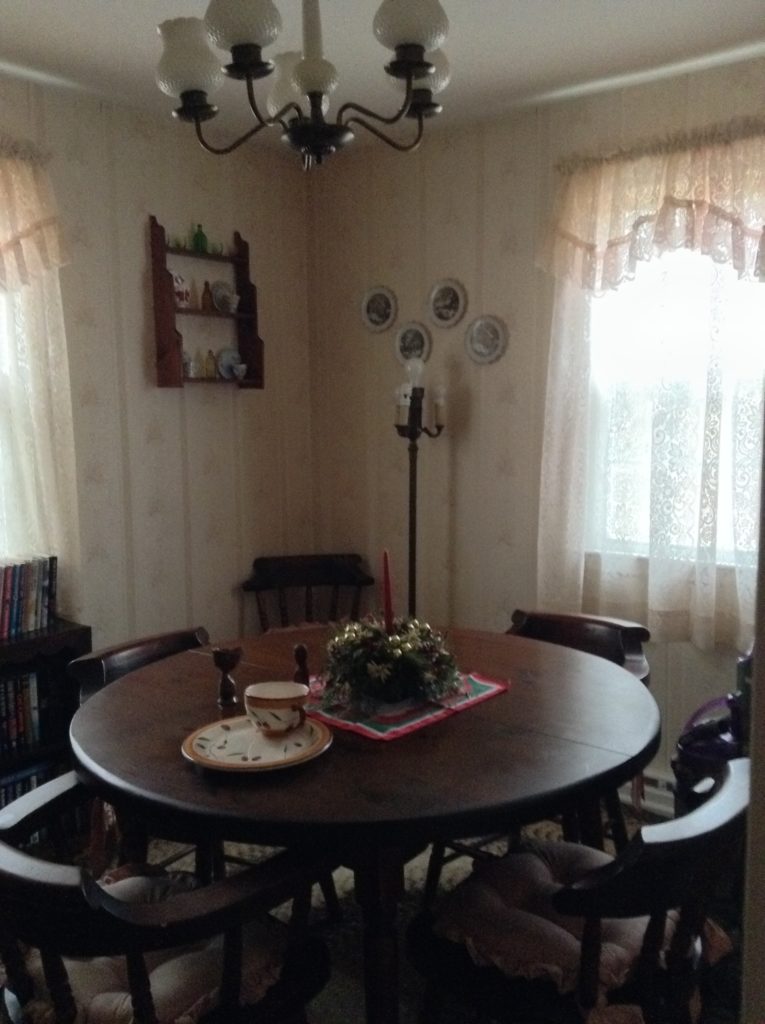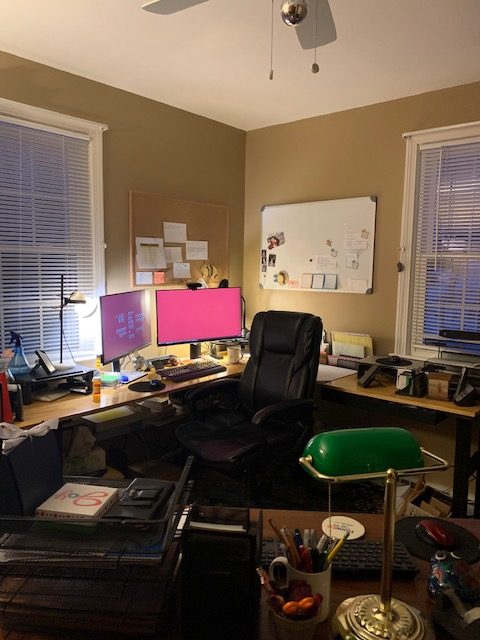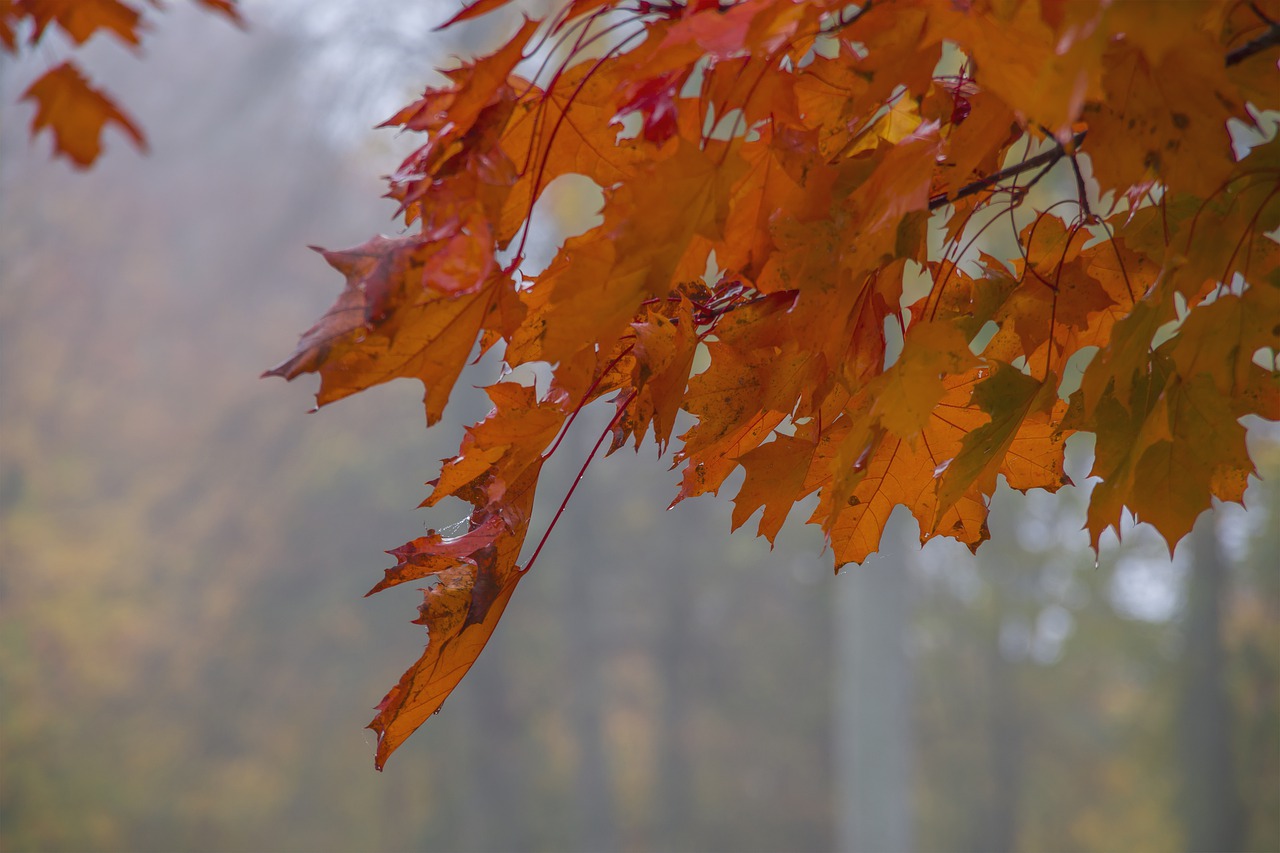Today’s burning question is: Do lies come in different colors?
I discussed this topic in a recent insurance ethics seminar I taught and I’m curious about your opinion. Some of my students indicated white lies are okay and other types of lies are not. What do YOU think?
Why do we Lie?
I didn’t know lies came in assorted colors so I asked my students, “What’s the difference between a white lie, a red lie, and a purple lie?”
A white lie, my students said, is a lie that spares another person’s feelings or doesn’t hurt someone else. That got me thinking about other people’s feelings.
How can we predict with any accuracy how another person truly feels? Why should we modify our opinions based on our perception of what another person’s feelings might be? Are we truly responsible for how another person feels and responds to the truth?
Keep in mind that our opinion isn’t necessarily the truth–it’s our belief or perspective. In fact, our opinion often changes over time.
Sometimes, when people ask us a question, they’re asking for an opinion, not a fact: Do I look fat in this dress?
There’s no truthful answer to this question because no universal, factual response exists. I may think the dress suits you perfectly and Edna may disagree. If Edna decides to tell a white lie and say No, honey, you look great and save your feelings, she’s not telling HER truth.
Later on in the evening, after you decided to go to a party wearing the dress Edna likes, what if someone else tells you the dress is too tight and you should have chosen something else to wear? Might Edna’s words still hurt when you realize she told a white lie? Might Edna have spared your feelings by telling HER truth in a mindful manner? Personally, honey, your red dress is the most flattering dress you own. If I were you, I’d wear that instead.
At other times, when people ask us a question, they want a factual response. Why didn’t you answer the phone last night? There IS a truthful answer to this question. Maybe I didn’t hear the phone ring. If that’s the case, saying so would be a truthful response. But what if I didn’t hear the phone ring because the battery died, I turned the phone off when I got home to avoid your call, or I left it at home when I rented a motel room to fool around with your spouse?
Not providing the entire truth might be misleading … and an outright lie.
Do the Colors of Lies Matter?
But when might it be a “white” lie? If the phone’s battery died and I chose not to charge it because I wanted silence, not providing that information might be considered a white lie. In the other two scenarios, not telling the truth is an outright lie. What color lie would it be? Red, purple, blue?
Let’s face it, a lie is meant to deceive. When we lie, we distort the truth to protect ourselves, not to spare other people’s feelings.
It’s easier to tell a white lie and say either “yes” or “no” than produce one or two complete sentences that convey how we truly feel … while also considering the other person’s feelings. It’s also easier to tell other types of lies to prevent the fallout from sharing the truth, whether it’s OUR truth or THE truth.
In closing, let me share the universal meaning of some colors in the rainbow:
- Red is the color of passion and energy. It’s also a sign of danger or warning.
- Yellow is the color of happiness and optimism, however, it’s also a sign of cowardice.
- Green is the color of nature, harmony, and health and is universally associated with envy.
- Purple is the color of royalty, spirituality, and imagination. It’s also connected with immaturity and sensitivity.
- White is the color of purity and innocence, yet it can be indicative of coldness, emptiness, or distance.
When we lie, even when telling white lies, we do so primarily because of our OWN feelings. Feelings that usually represent the flip side of what is good and positive. So yes, I guess lies do come in different colors.

